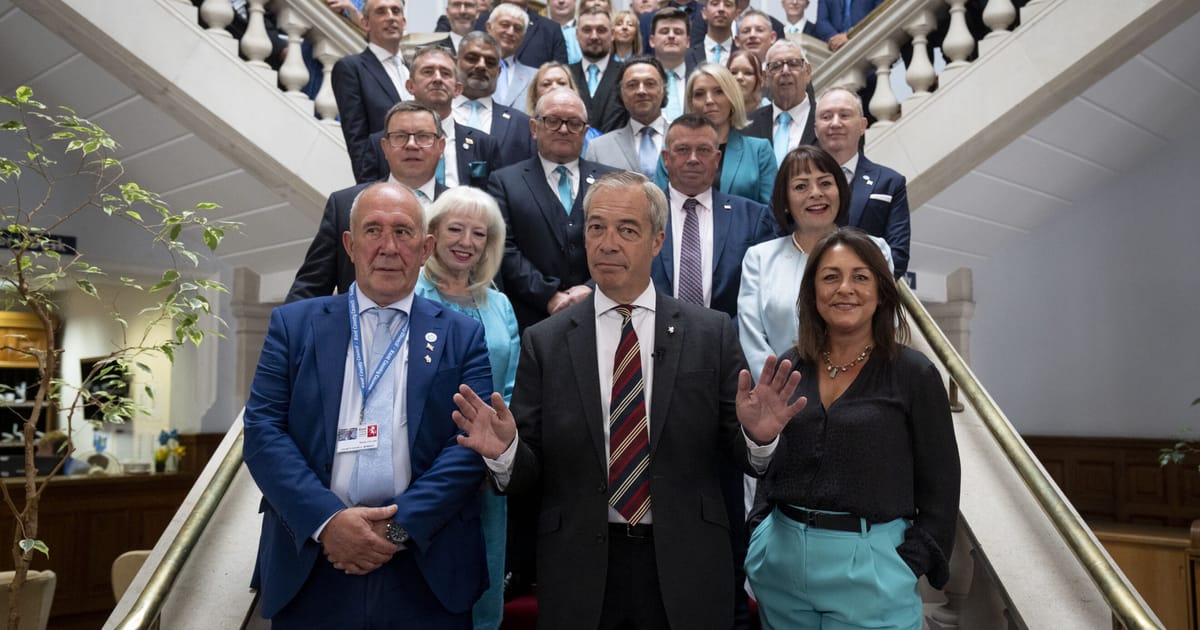Kemkaran, who has set up her own “DOLGE” (the “L” stands for local), insisted it was her decision to look at data internally first. “As elected officials, we naturally can look at everything within the council, whereas Zia and his team are not elected officials, so there are a number of hoops to jump through,” she told POLITICO in an interview. “I’m sure quite soon we’ll have a framework with which we will then be able to very safely share selected pieces of data with Zia and his team.”
Yet Yusuf, while insisting he is not frustrated by the hold-up, believes council officers are standing in his way.
“The auspice of that for the Blob, is, oh yeah, they’re trying to work out how best they can move things forward in the most efficient way possible,” he said. “I think anyone with half a brain cell knows exactly what’s going on.”
One chief executive of a large English authority, granted anonymity to speak frankly, said they would be “surprised” if fellow CEOs and lawyers were really trying to block Reform’s plans. They admitted WhatsApp conversations are “ubiquitous” for officers to ask each other for advice — but said they don’t “plot” and “don’t like to air their dirty laundry in front of others.”
A Labour politician in Kent, also granted anonymity, said council CEOs and legal officers have regular WhatsApp chats — but insisted that is “perfectly normal.” They added: “Nobody at Kent County Council has come to me and said ‘this is the worst lot we’ve ever dealt with,’ because they’re professionals. Maybe they’re thinking it, but I don’t know.”
Yet the clash is real, at least in some quarters. A “well-placed County Hall employee” has started writing an anonymous column for the local Kent Messenger newspaper.
